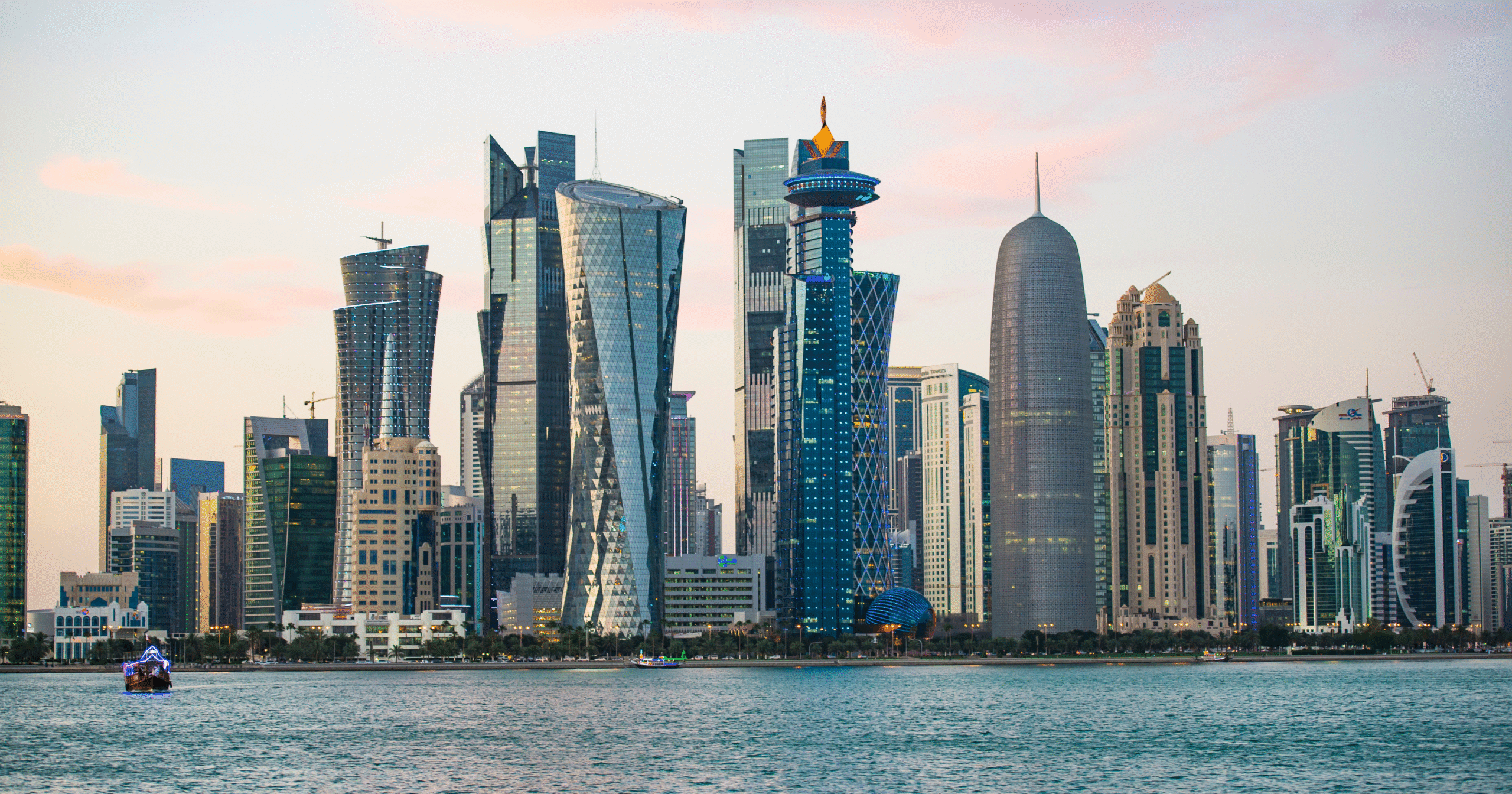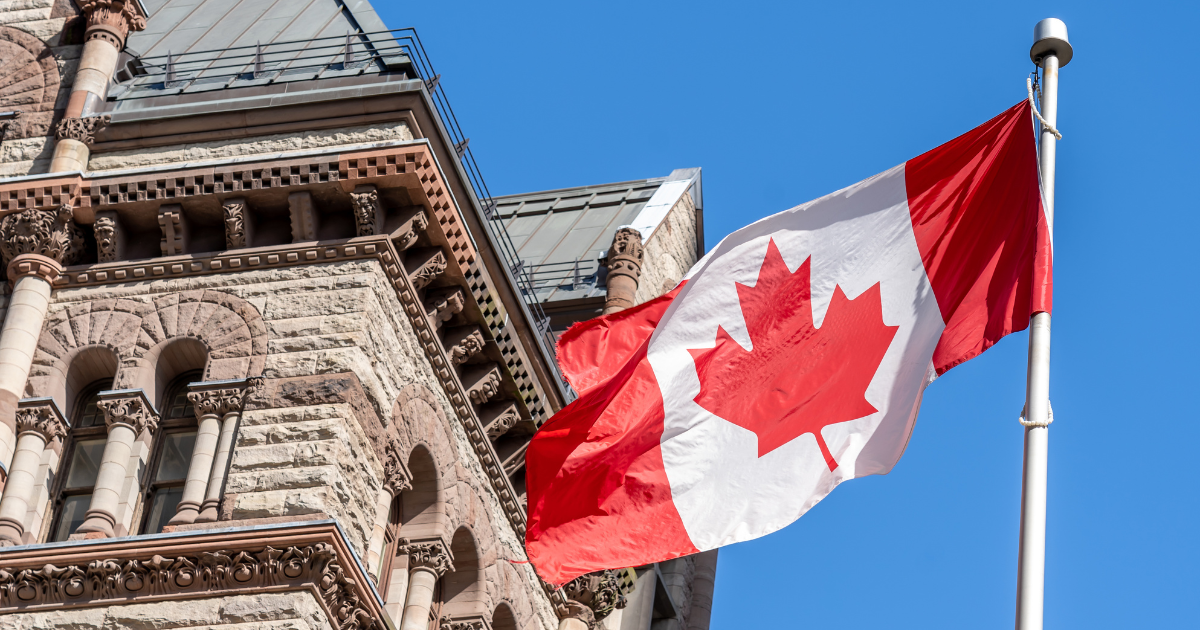For high-net-worth individuals and successful entrepreneurs, income tax is often the single greatest financial burden. In many developed nations, marginal tax rates can reach 40%, 50%, or more, quickly eroding personal wealth. But in 2025, a growing number of affluent individuals are turning to a powerful, legal strategy: relocating to countries with no income tax through second passports or long-term residency.
This guide outlines the top jurisdictions where legally eliminating your income tax burden is not only possible but increasingly common.
Why the Wealthy Are Choosing Zero-Income-Tax Countries
Income Tax as a Wealth Destroyer
High-income earners often lose hundreds of thousands or even millions annually to taxation. Relocating to a tax-free jurisdiction can significantly accelerate capital accumulation and protect generational wealth.
Financial Simplicity
Countries with no income tax tend to have streamlined financial systems, free from layers of tax codes, exemptions, audits, and endless filings. For investors managing cross-border income, this simplicity is invaluable.
Strategic Wealth Preservation
The ability to reinvest pre-tax income into businesses, real estate, or global assets is a strategic edge that compounds over time.
Key Concept: Tax Residency Is Essential
Holding a second passport alone does not remove your tax obligations.
To benefit from a 0% income tax rate, you must establish tax residency in the new country. This usually means physically relocating, spending more than 183 days there annually, and cutting ties with your prior tax jurisdiction.
The Top 8 Countries with No Income Tax in 2025
1. United Arab Emirates (UAE)
- Tax system: 0% personal income tax across all earnings
- Residency route: UAE Golden Visa (10-year renewable), available via real estate investment (from AED 2 million), business incorporation, or extraordinary talent
- Why it’s popular: World-class infrastructure, banking, business opportunities, and no ambiguity in tax policy

2. Monaco
- Tax system: No personal income tax since 1869 (note: French citizens are subject to separate rules)
- Residency route: No formal investment program; must show substantial financial means (typically €500,000+ bank deposit and Monaco residence)
- Why it’s popular: Prestige, political stability, and unmatched lifestyle in the heart of Europe
3. Cayman Islands
- Tax system: No income, capital gains, inheritance, or corporate tax
- Residency route: Residency by Independent Means via $2.4 million+ real estate investment
- Why it’s popular: Reputable offshore financial center with strong legal protections
4. The Bahamas
- Tax system: No personal income tax
- Residency route: Permanent residency through real estate investment (starting from $750,000)
- Why it’s popular: Proximity to the U.S., English-speaking population, tropical lifestyle
5. St. Kitts & Nevis
- Tax system: 0% personal income tax on worldwide income
- Residency/citizenship route: Citizenship by Investment (CBI) via donation or real estate
- Why it’s popular: Combines a second passport + tax-free living, fast and efficient processing

6. Vanuatu
- Tax system: No income, wealth, inheritance, or capital gains tax
- Residency/citizenship route: Citizenship by Investment program with one of the fastest processing times (45–60 days)
- Why it’s popular: Rapid execution and tax freedom for time-sensitive relocations
7. Bermuda
- Tax system: No personal income tax (note: has payroll and consumption taxes)
- Residency route: Economic Investment Certificate via $2.5 million investment in local assets
- Why it’s popular: High-end financial services sector and prime location between North America and Europe
8. Antigua & Barbuda
- Tax System: No personal income tax for residents
- Residency/Citizenship Route: Citizenship by Investment program through donation, real estate, or business investment
- Why Move Here: Affordable and respected second passport, visa-free access to 150+ countries, and tax-free living in a peaceful Caribbean setting

How to Relocate to a Zero-Income-Tax Country
Step 1: Choose the Right Jurisdiction
Each tax-free country has its lifestyle, entry cost, and regulatory landscape. Monaco is suited for ultra-HNWIs seeking exclusivity, while the UAE is ideal for active investors and entrepreneurs. St. Kitts & Nevis offers a straightforward CBI pathway with no physical presence requirement.
Step 2: Secure Legal Residency or Citizenship
Options include:
- Residency by Investment (RBI): e.g., UAE, Cayman Islands, Bahamas
- Citizenship by Investment (CBI): e.g., St. Kitts & Nevis, Vanuatu
- Economic presence and financial requirements: e.g., Monaco, Bermuda
Step 3: Establish Tax Residency
You must physically relocate and shift your center of life to the new country. This usually includes:
- Spending over 183 days per year in-country
- Acquiring permanent housing
- Closing ties (e.g., residence, business, dependents) in your former tax jurisdiction
Important Note for U.S. Citizens
U.S. citizens are taxed on citizenship, not residency. Moving to a country with no income tax does not remove U.S. tax obligations. Unless you renounce U.S. citizenship, you must file annual returns and report worldwide income. Available relief tools include:
- Foreign Earned Income Exclusion (FEIE)
- Foreign Tax Credit (FTC)
However, full tax freedom may only be achieved through citizenship renunciation after professional legal and financial consultation.
Your Path to a Tax-Free Future
So, which countries have no income tax? The answer includes some of the world’s most advanced, prestigious, and livable jurisdictions. Whether you’re looking to simplify your finances, protect generational wealth, or unlock global mobility, relocating to a zero-income-tax country is a strategic move.
But this is not a one-size-fits-all solution. Choosing the right destination requires evaluating legal options, lifestyle preferences, immigration requirements, and long-term financial goals. Always consult with international tax experts and licensed immigration advisors before executing your plan.
In 2025, living tax-free isn’t a dream – it’s a decision.
Follow us for more updates!









